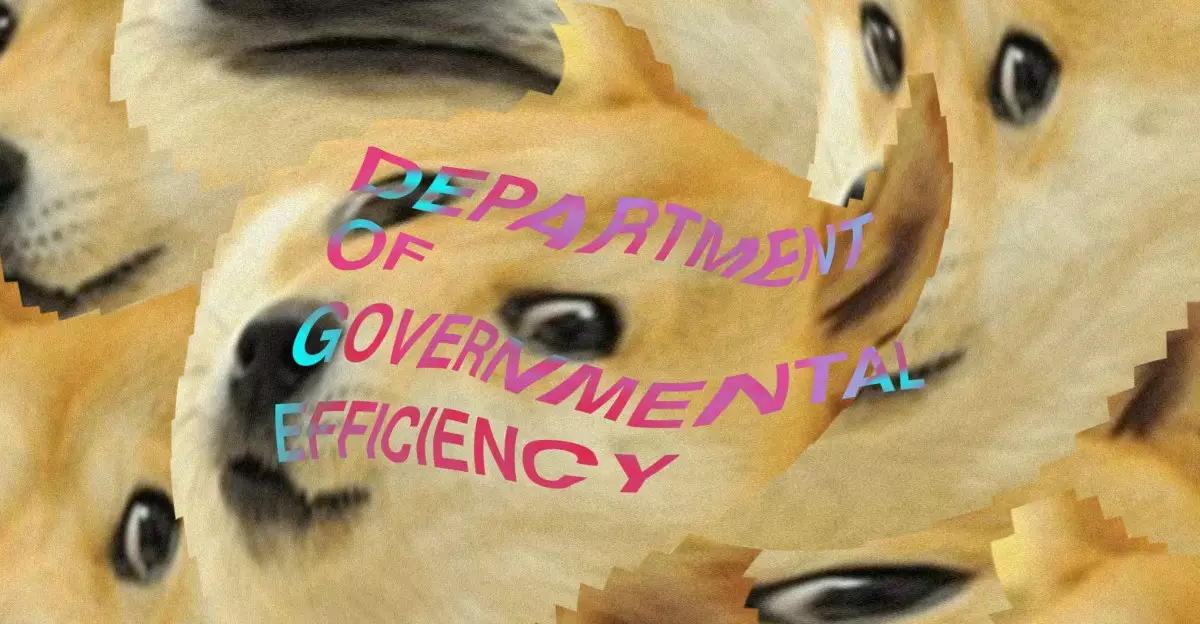The case of Marko Elez, a former staffer at the Department of Government Efficiency, raises significant concerns regarding security protocols within government digital infrastructure. Elez, at just 25 years old, previously had exceptional access to sensitive payment systems within the U.S. Treasury Department. Such access speaks volumes not only about his capabilities but also about the systemic flaws that allowed a relatively young employee to manipulate critical financial codes. According to the reports, Elez had the authority to rewrite code, amplifying the importance of scrutinizing who holds such positions in government and the necessary vetting processes to ensure integrity and responsibility.
Elez’s resignation followed an inquiry by The Wall Street Journal regarding a social media account linked to him, which had spread deeply troubling ideologies. The account reportedly advocated for a “eugenic immigration policy,” suggested repealing the Civil Rights Act, and made derogatory statements about specific groups in the tech sector. The language used in these posts is not merely incendiary; it reflects a toxic mindset that poses a threat to the foundational values of inclusiveness and equality.
The subsequent public and media response to Elez’s online persona has been intense, calling into question the implications of what such beliefs could mean for someone working within the government. The access he had to systems that influence financial operations necessitates an evaluation of morality and values in the workplace, especially within sectors that shape national policy.
Musk’s decision to conduct a poll on the potential reinstatement of Elez after his resignation has ignited discussions about forgiveness and accountability. With approximately 78 percent of nearly 400,000 participants voting in favor of bringing him back, it raises the question of how society prioritizes rehabilitation over responsibility. While compassion and second chances are essential elements of growth, they must be balanced against the need for accountability, especially in positions where personal biases could have real-world consequences.
Furthermore, Vice President JD Vance’s comments also reflect a broader societal sentiment regarding youth and mistakes made on social media. While there’s merit in understanding that individuals, especially younger ones, can make ill-informed decisions, the underlying factors of judgment and worldview that lead to such comments should not be dismissed lightly.
Elez’s case presents a significant challenge to the frameworks governing tech policy and moral responsibility within governmental roles. It underscores the urgent need for reassessing hiring practices and the philosophical underpinnings of what constitutes a suitable candidate for sensitive positions. The intersection of technology and ethics should be a topic of profound reflection as the United States continues to navigate complex social issues and digital governance.
Ultimately, as emerging tech difficulties challenge conventional societal values, the future of governance and policy, especially concerning who gets access and control, will require a reinvigorated commitment to accountability, ethics, and moral values.

